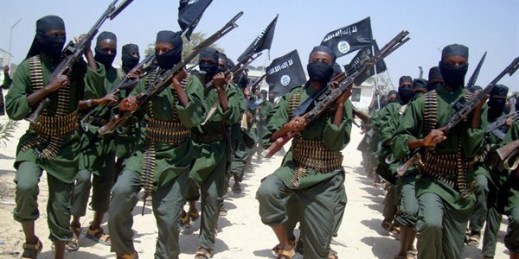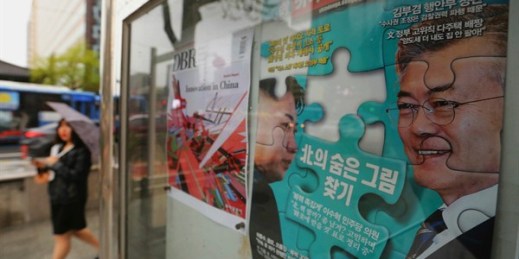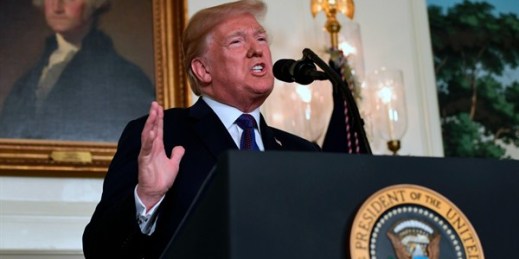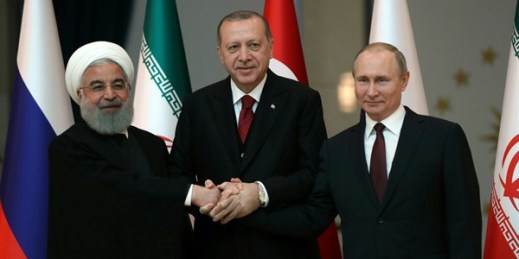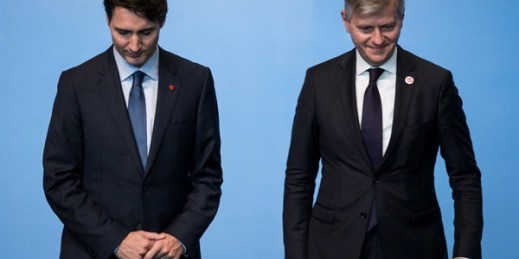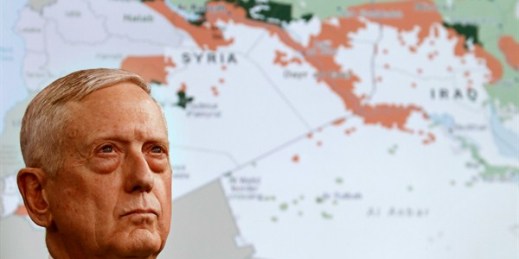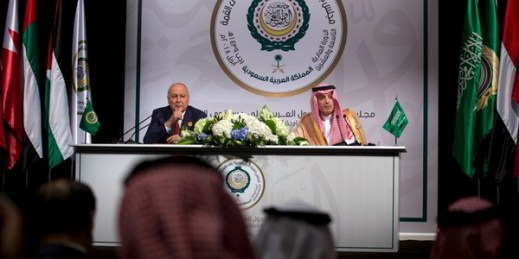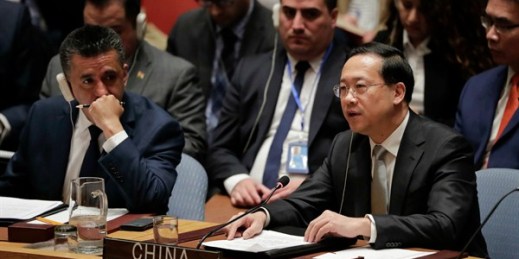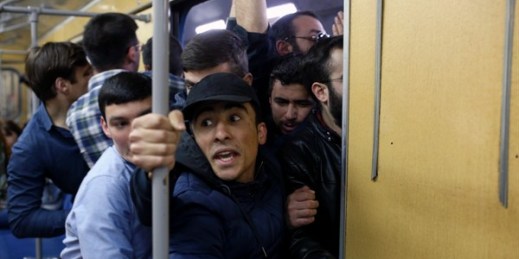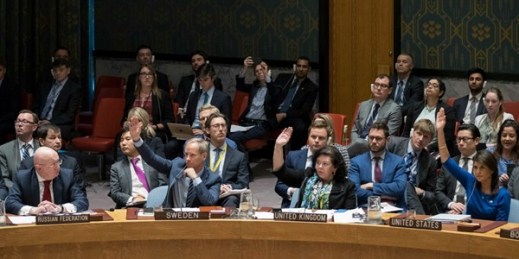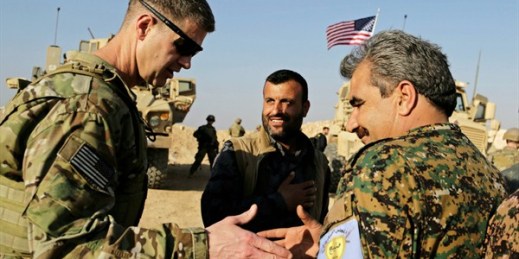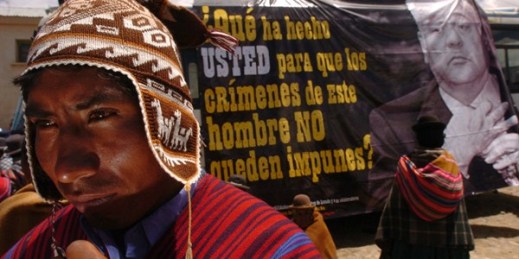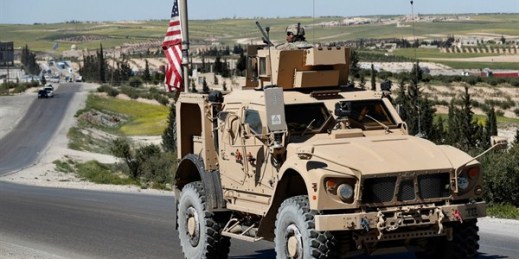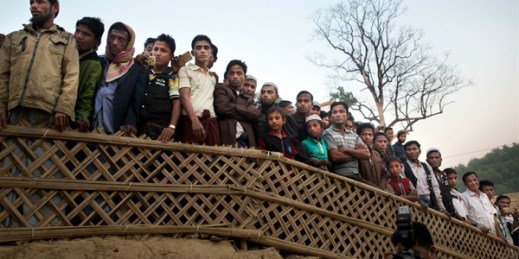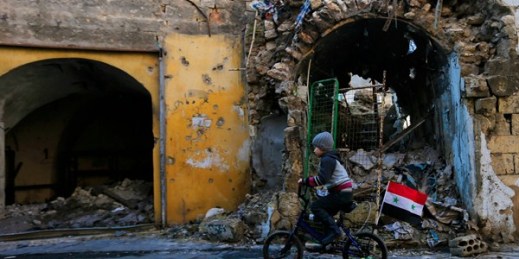
Is the United Nations finally adapting to an Asian century? This week, Security Council ambassadors are visiting Bangladesh and Myanmar to investigate the suffering of the Rohingya. In doing so, they are facing up to one of the U.N.’s most significant failures of recent years. Both U.N. officials on the ground and council members in New York vacillated over how to respond to the ethnic cleansing campaign of Myanmar’s military against the Rohingya Muslim minorities in mid-2017. This weekend, the council saw the results of that failure when they visited a refugee camp that houses half a million of the […]

